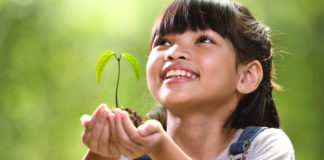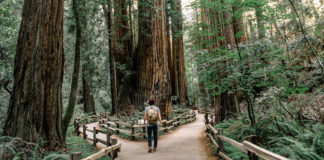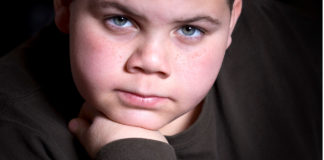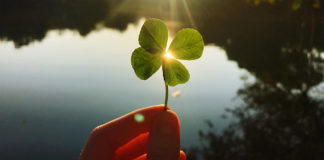Hope, a legacy of another world
Hope can be palpable and elusive at the same time, both reasonable and independent of logic. Yet this independence from logic is not synonymous with indifference to reason, but a victory over it. Hope has its own logic, one that changes lives for the better.
Who are you?
Let’s begin with the introvert or extrovert question. We tend to be one or the other—or at least lean toward one or the other. Being either is not a problem, but it does impact how we handle life. Extroverts are likely to say that introverts are too quiet and introverts that extroverts are too noisy.
Choosing happy
Paul was imprisoned by the Roman Emperor. He was on Death Row. Every morning, when he opened his eyes, he didn’t know if this day would be his last, and whether he would be thrown to the lions or burned.
Lies: the anatomy of a social pathology
"You? Fat? No way!" "With all due respect, officer, that wasn't a red light!" Every day, billions of lies leave the mouths of billions of people. Lying is a moral pollution that we declare harmful, but seem to believe is indispensable in life.
What could console our terrible fear of death?
Along with the rising death toll due to coronavirus complications, a usually latent aspect of our fear becomes harder to ignore. Despite the fact that it is the only certainty we all share, realising that our own end is a reality we might need to confront sooner than we had thought leaves many of us fervently searching for consolation.
One habit healthier. What we need to know about change
Let him that would move the world first move himself. – Socrates
A generation that breathes anxiety
“You are always afraid people will judge you or know your weakness. It’s like being totally naked in front of a huge crowd,” says Bruno Feldeisen about the hidden struggle he had with anxiety.
Brave enough to listen
There’s a saying that if it’s too good to be true then it usually is. But what if it’s too bad to be true? What if something is so shockingly horrendous that it makes you stop thinking about anything else for a while? Does that mean it’s a lie as well? The numbers associated with domestic violence are quite staggering—and when my own sister revealed...
The happiest people in the pandemic
“How can we rejoice if we’re at war?” This was one of the questions that arose in my mind after reading a book comprised of testimonies of people who experienced World War II as children. Decades after this nightmare, and stricken by a crisis that casts its shadow over people and nations everywhere, the question remains: can we still be happy in times...
The transforming power of one caring adult
Statistically, by now Josh should have been either in jail, living on the street, or dead. The long years in which he was abused and expelled from the families who took him in made him no longer trust anyone. But the love of adults who showed him that they cared was stronger than anything that pushed him toward self-destruction.
COVID-19 and our low-risk but endangered children
All COVID-19 statistics lead to the same conclusion: the young ones, our children, are at the lowest risk of getting ill or dying from the virus. That’s comforting. But the pandemic does pose a certain danger to them.
Build boundaries, protect your marriage
The most important human relationship you'll ever have is with your spouse. Protect it at all costs.
The need to learn to say no
Although we may not like everyone, we want everyone to like and accept us. We raise our eyebrows suspiciously if someone treats us with indifference or, worse, with hostility. We feel misunderstood and rejected. And the feeling of rejection is as intense as physical pain.
Positive thinking overdose: Why too much optimism is harmful
If optimism helps us get rid of problems more easily, too much optimism does the exact opposite: it amplifies them. Pushed to the extreme, positive thinking prescribed as an antidote to suffering prevents us from accepting reality as it is and starting to look for solutions that can make our lives easier.
Appeal to ignorance: Why it is useless to hide behind your finger
The appeal to ignorance (argumentum ad ignorantiam) is an error in thinking which argues that a conclusion is true because there is no evidence against it, or that a conclusion is false because there is no evidence in its favour.


























